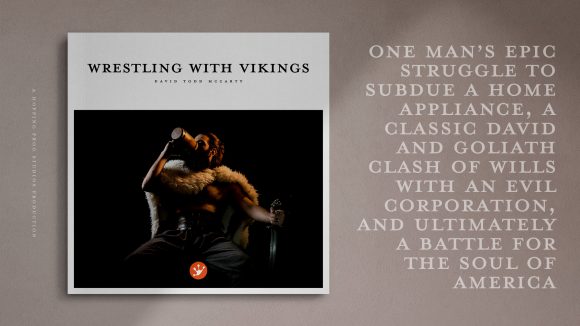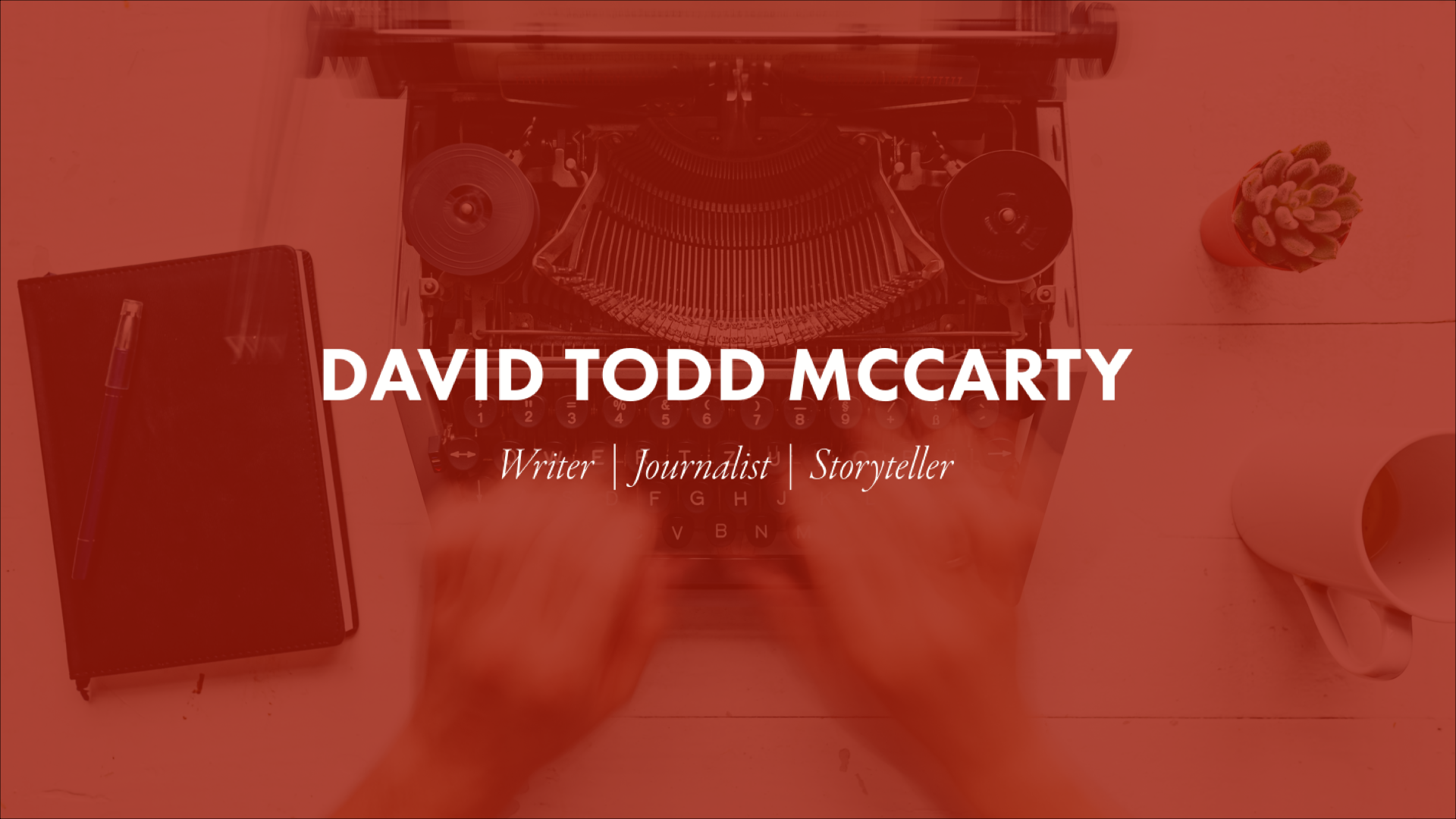I’m the guy no one sees. An invisible man in a city of millions. Oh, it’s not hard to be invisible in the city—not like back home in Calumet, Oklahoma where we had a whopping 553 people in the whole town—well, until I left, and then I guess it was 552. Haven’t been back in years, so who knows how many people live there now. Not enough I can tell you that. Or maybe far too many. It’s hard to know sometimes.
Often times I don’t even meet the owners. The maid lets me in, shows me where the piano is, and goes back to watching her soaps. I tune pianos with the soft sound of Spanish soap operas drifting in from the kitchen.
Some guys wouldn’t allow that but I don’t have a problem. I have a good ear, always did, and I can tune out the bullshit.
I learned to tune pianos from an old Jew named Elmer. I always thought that a funny name. I thought of Elmer Fudd, but his name was Rabinowitz. He told me the name meant “son of a rabbi” and sure as shit if he wasn’t the actual son of a goddamn rabbi. He came from a long line of rabbis, but he told me he didn’t want any part of that life. He said he didn’t believe in God, which was strange to me because I’d never met anyone who didn’t believe in God. What was there to believe? Where I grew up, everyone went to Church and everyone believed in God. I wouldn’t say they were all particularly godly men, but no one had the gall to say they didn’t believe in God. Only a communist would say such a thing.
Elmer wasn’t no communist, but he had escaped the Nazi death camps in Poland when he was a boy and had the tattoo on his forearm to prove it. He said he didn’t believe in a God who would allow that sort of evil to occur.
Elmer taught me how to tune a piano.
He told me that the most important thing to know about tuning a piano was to listen. This probably sounds pretty silly to you, but it’s more important than you think. A lot of people can hear a piano, but they don’t really listen. If you listen, the piano will talk to you, tell you everything that’s wrong, everything it can be, and everything it never will be.
Elmer taught me to listen.
We would have lunch, usually in the truck, and he would tell me about the old country before the war. Of living in a small town outside Warsaw with his parents and his younger sister. Back then his father was a prominent rabbi in town and being fairly wealthy, Elmer played the piano in his family’s home.
He didn’t play anymore. He said he lost any feeling he had for music. He still appreciated a quality instrument, but said he didn’t find any joy in playing it.
“They used to make me play,” he told me once. “In the camp. The officers would make me play while they ate and drank. We were starving and the guards would have a big dinner and get drunk on brandy. The guards would make requests and I would play. In return, they would let me take their scraps back to the others. I hated playing for them, but what could I do? People were relying on me.”
One day I was helping him tune a piano and he had sent me out on an errand, but I didn’t get to the corner before I realized I’d forgotten something. This was a wealthy home on the Upper East Side and we were tuning a Steinway. When I came in he was playing. I had never heard him play before. At first I thought he was just noodling around, like he sometimes did, but then I began to hear the patterns and a song emerged. He later told me it was Beethoven. A song about moonlight, he said.
I stood in the doorway behind him and listened. I could feel the sadness; the weight of it all.
He stopped playing and turned around and saw me standing there. We stood looking at each other until I looked away. I felt like I’d walked in on something I wasn’t supposed to see. An intimate moment between Elmer and his past.
He turned and faced the piano and I looked at the floor. He said, “Sometimes, with a great instrument, the only way to hear it, to truly know it, is to feel the pain. We have to listen to the voices of the past, so we can find our way forward. This is not an easy thing to do, but it’s something you must do one day if you want to understand.”
“Understand what?” I asked.
He thought for a moment, then said, “Who you are.”
I didn’t really know what meant at the time. I was pretty sure I knew who I was then. I was wrong, but I didn’t realize that until much later.
My war was different, you see. I was the one with the gun. My friends and I laughed and ate and drank in a country that was not our own, and there was this one boy.
When I play, which I rarely do anymore, I can still see his face. But when I listen, when I really listen, I can hear his voice in the music.
It’s painful, but that’s how we find our way forward.




